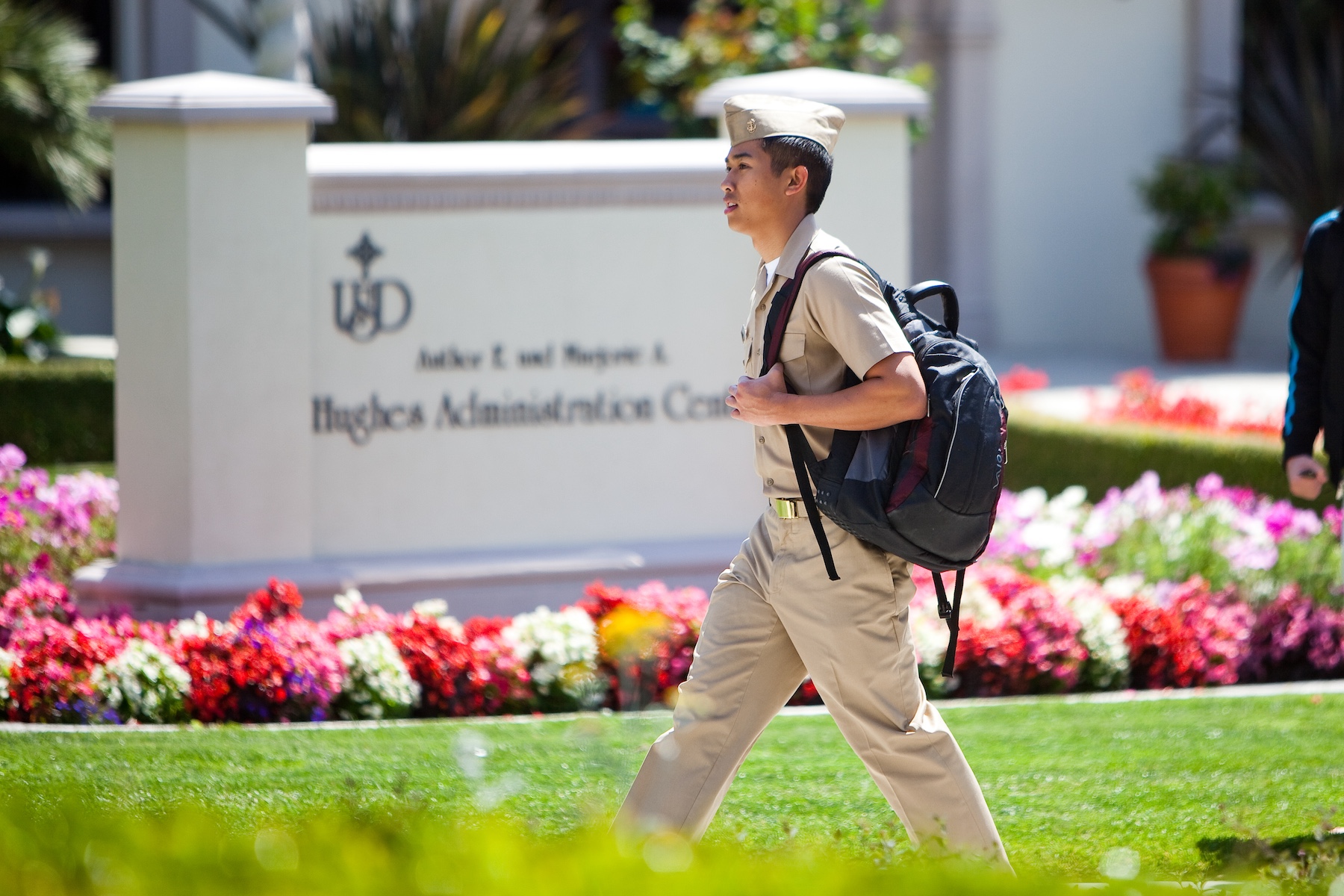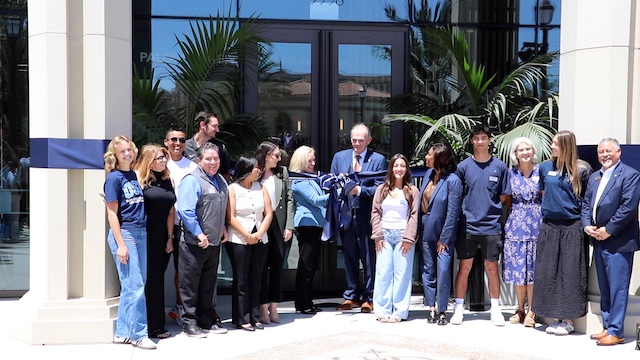New Study Finds Evidence of Ammunition Leakage from Military to Civilian Markets in Haiti
A new working paper published by the Small Arms Data Observatory (SADO) assesses the leakage of firearms ammunition from military and police stockpiles into the civilian market. There are several ways that weapons are diverted, including during official state to state transfers, or from the existing arsenals of state agents. It is widely assumed that a rapid increase in the accessibility of small arms and ammunition represents a key factor in destabilizing fragile states and cities. The unregulated availability of such weapons can result in an escalation of the intensity and organization of organized and interpersonal violence.
Entitled “Ammunition Leakage from the Military to Civilian Markets: Market Price Evidence from Haiti, 2004-2012,” the working paper applies a unique section-quarterly panel of ammunition prices. This data is combined with publicly available monthly information on authorized ammunition imports registered by the United Nations (UN) and Haitian National Police (HNP). Authors Topher McDougal, Athena Kolbe, Robert Muggah and Nic Marsh also consider the relationship between ammunition leakage and homicide rates.
The study features a standard statistical model to show how UN- and HNP-ordered ammunition exerts downward pressure on civilian ammunition markets. These effects offer solid evidence that firewall separating military, police and civilian markets in Haiti has broken down. If no ammunition were leaking from the military to civilian markets, prices on the civilian market would be unaffected by imports. While more research is needed, it could be that the security forces supplied with ammunition are themselves implicated in its diffusion.
There are straight-forward ways to increase oversight and accountability over weapons and ammunition stockpiles in Haiti. Simple and cost-effective measures could generate positive dividends by saving lives and reducing disorder. The authors demonstrate that a new field of “forensic economics” has the potential to generate practical insights into small arms flows and markets. The use of these methods can draw attention to the dynamics of murky arms transfers that are otherwise difficult or impossible to study owing to data deficits.
For more information on the working paper, contact Topher McDougal, Assistant Professor of Economic Development and Peacebuilding at the Kroc School of Peace Studies, University of San Diego. He can be reached at tlm@sandiego.edu.
About the University of San Diego
Strengthened by the Catholic intellectual tradition, we confront humanity’s challenges by fostering peace, working for justice and leading with love. With more than 8,000 students from 75 countries and 44 states, USD is among the Top 20 Best Private Schools for Making an Impact according to The Princeton Review. USD’s eight academic divisions include the College of Arts and Sciences, the Knauss School of Business, the Shiley-Marcos School of Engineering, the School of Law, the School of Leadership and Education Sciences, the Hahn School of Nursing and Health Science, the Joan B. Kroc School of Peace Studies, and the Division of Professional and Continuing Education. In 2021, USD was named a “Laudato Si’ University” by the Vatican with a seven-year commitment to address humanity’s urgent challenges by working together to take care of our common home.



